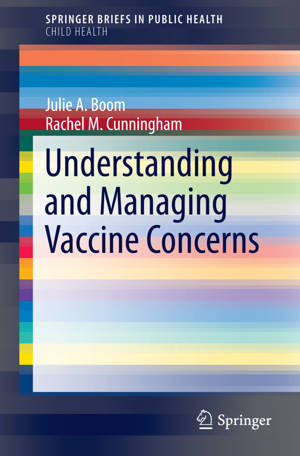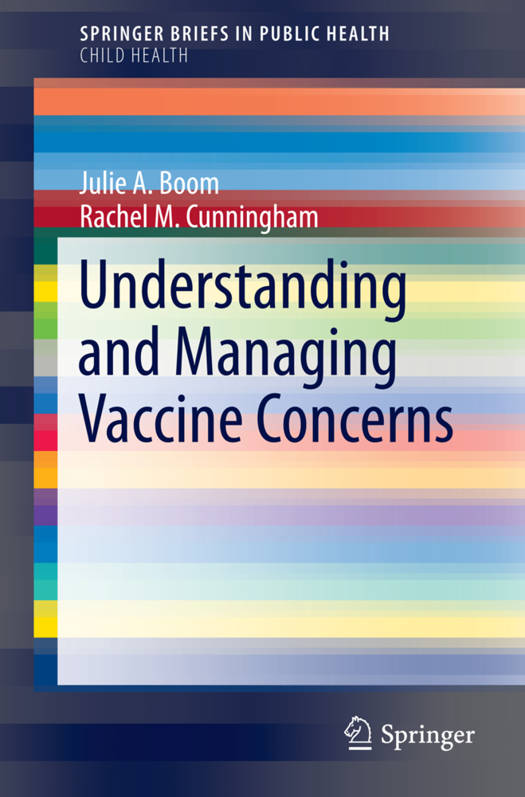
- Retrait gratuit dans votre magasin Club
- 7.000.000 titres dans notre catalogue
- Payer en toute sécurité
- Toujours un magasin près de chez vous
- Retrait gratuit dans votre magasin Club
- 7.000.0000 titres dans notre catalogue
- Payer en toute sécurité
- Toujours un magasin près de chez vous
Description
Smallpox, measles, diphtheria, polio: vaccines have diminished their power, and in some cases, eradicated these dreaded diseases. Yet this century has seen growing numbers of parents refusing vaccinations for their children, not only endangering them but also increasing the risk of outbreaks and epidemics of vaccine-preventable diseases.
Understanding and Managing Vaccine Concerns concisely explains the evolution of vaccine concerns, and gives clinicians hands-on help in dealing with vaccine hesitation and outright refusal among parents. Persistent themes in refusal, such as a supposed autism/vaccine link and the belief that too many vaccines are given too soon, are discussed and recent statistics given for trends in vaccine refusal and delay. Central to the book is a detailed guide to vaccine concern management, with sample responses that readers can tailor to address vaccine refusal and specific concerns regarding individual vaccines and their components. This thorough grounding will assist providers in countering misinformation with facts and allaying fears with medically and ethically sound responses. Included in this practical resource:
- A brief history of vaccine concerns.
- Current trends in vaccine hesitancy and refusal.
- Health implications of vaccine refusal.
- Characteristics and beliefs of vaccine-concerned parents.
- The CASE approach: a management strategy for vaccine concerns.
- Additional considerations in management strategies.
The debate over vaccination isn't going away any time soon and neither is the potential threat to public health, making Understanding and Managing Vaccine Concerns a timely and necessary addition to the libraries of pediatricians, nurses and other healthcare providers.
Spécifications
Parties prenantes
- Auteur(s) :
- Editeur:
Contenu
- Nombre de pages :
- 42
- Langue:
- Anglais
- Collection :
Caractéristiques
- EAN:
- 9783319075624
- Date de parution :
- 08-07-14
- Format:
- Livre broché
- Format numérique:
- Trade paperback (VS)
- Dimensions :
- 156 mm x 234 mm
- Poids :
- 86 g

Les avis
Nous publions uniquement les avis qui respectent les conditions requises. Consultez nos conditions pour les avis.






